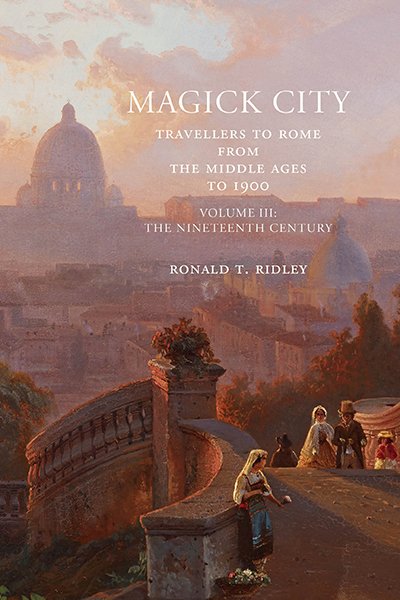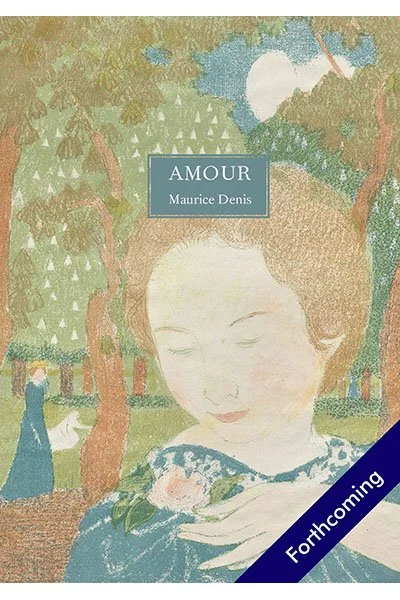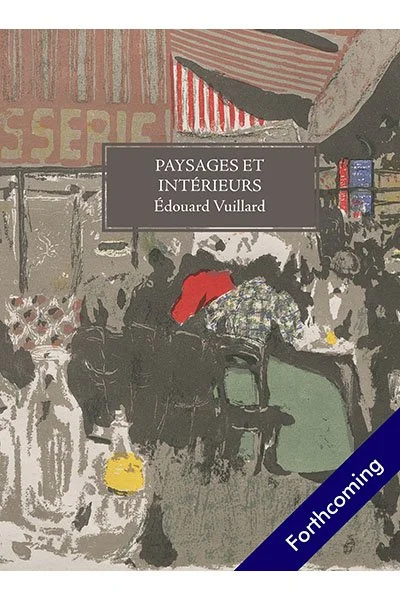Mr Whistler's 'Ten O'clock', by J. A. McNeill Whistler
Mr Whistler's 'Ten O'clock', by J. A. McNeill Whistler
Order on Amazon
Paperback – 190 x 148 mm – 42 pages
ISBN 9781843680758
Bruised and bankrupted by his disastrous 1877 encounter with John Ruskin (who had called his painting ‘a pot of paint flung in the face of the British public’) Whistler spent the following years tirelessly working, exhibiting and, inevitably, promoting himself. The culmination of this self-trumpeting was the public lecture he delivered in 1885, under the auspices of the Gilbert and Sullivan impresario, Richard D’Oyly Carte, and which he later published as ‘Mr Whistler’s “Ten O’Clock”’.
Yet the ‘Ten O’Clock’ was very far from being mere boulevard entertainment. Whistler took enormous pains over the lecture, and used it to set out his artistic beliefs (and take aim at some favourite targets) with all the waspish acuity and butterfly wit at his command. Oscar Wilde called the ‘Ten O’Clock’ ‘a masterpiece. Not only for its clever satire and amusing jests will it be remembered, but for the pure and perfect beauty of many of its passages.’
The ‘Ten O’Clock’ remains hugely influential, but copies have always been difficult to find. This edition is a close reproduction of the original public edition of 1888, designed by Whistler himself with his trademark design, layout and brown paper wrappers – the first time such a facsimile has been made.
An essay by the noted Whistler expert Professor Margaret MacDonald of Glasgow University puts the essay in the context of Whistler’s career and his public image-making.
A miniature Mephistopheles mocking the majority.
Oscar Wilde
The fashionable audience... had assembled in the expectation that the eccentric genius of the artist would find them amusement for an hour. Their faith was not misplaced.
The Times
Your success amazed everyone – I know of some who came to smile and be amused for friendship’s sake as they said, but who left in a state of meditation & dumbness.
Alan Cole (art historian and son of Sir Henry Cole)








